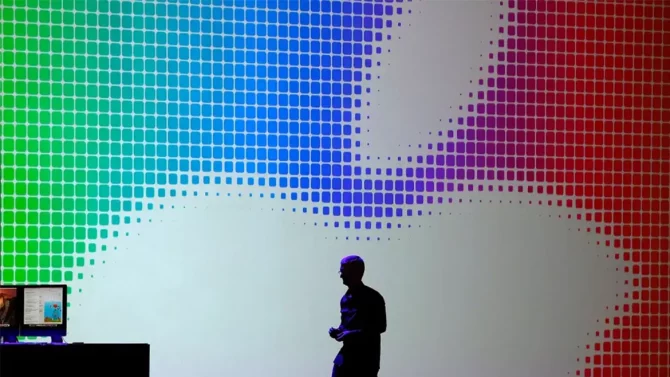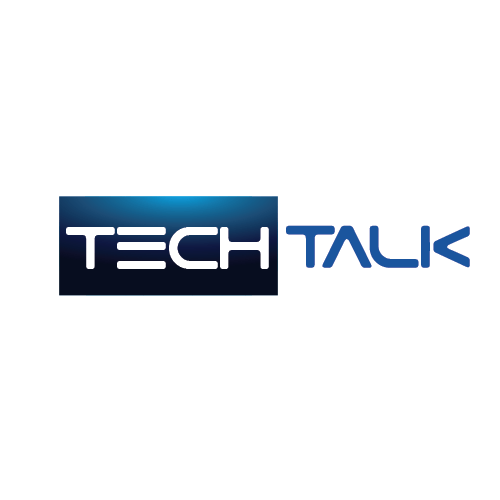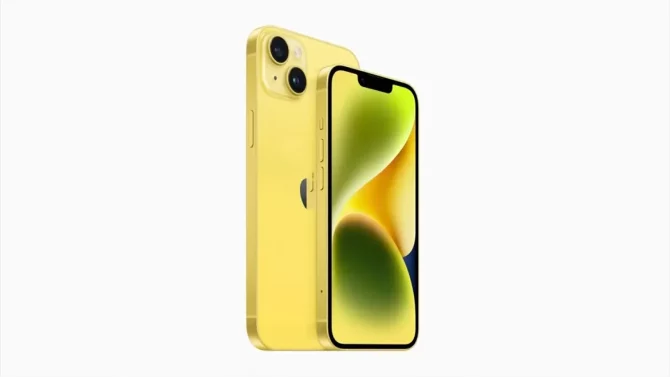
Apple’s Potential VR Launch at WWDC 2023 and the Pursuit of AI | A Glimpse into Apple’s Future
Apple may potentially unveil its long-awaited foray into virtual reality (VR) at the highly anticipated WWDC 2023 event on June 5, although many of us are more eager for advancements in artificial intelligence (AI).
Like countless others, I am filled with anticipation to witness Apple’s inaugural venture into mixed reality, possibly titled the Reality Pro—a headset that combines augmented reality (AR) and VR. Despite the likely steep price tag of $3,000 and the scarcity that will inevitably accompany its release, Apple’s entrance into a new product category carries significant implications for consumers, businesses (reportedly the primary target audience for this headset), and rival companies.
Naturally, if it were any other entity besides Apple, people might adopt a more restrained perspective toward this potential announcement, rather than treating it as flawed poetry embraced solely due to the connection with a favored student.
Please note, my intention is not to imply that Apple’s xrOS-powered headset will be subpar. On the contrary, it will likely surpass the offerings of Meta, HTC, and even Magic Leap in terms of aesthetics. It will emanate an aura of futurism, quite possibly evoking olfactory sensations that transport us into a different realm. With its high-resolution OLED screens, formidable Apple silicon, and potentially an H2 chip (a prerequisite for all Apple wearables, as who can resist extraordinary audio?), the headset is poised to deliver an astonishing performance accompanied by visually stunning elements.
However, the predicament lies in Apple’s prolonged delay in entering this particular market, as the initial wave of enthusiasm for VR has already subsided (just inquire with Meta about its faltering Metaverse). Yet, VR is not the sole two-letter technology trend that may have eluded Apple before it had a chance to join—there is also a risk of lagging behind in the captivating AI race, where Microsoft and Google are forging ahead.
AI is the prevailing concept, not VR.
Presently, we find ourselves immersed in a populace and an industry utterly fixated on chatbots, not merely as abstract notions but as practical entities. We engage with ChatGPT (and its premium counterpart, ChatGPT Plus), Google Bard, and Bing AI on a daily basis, and these interactions extend beyond one-off queries—they have transformed into conversations. Although the initial virtual assistants, such as Amazon Alexa, are only beginning to embrace prolonged exchanges and remain relatively constrained in their capabilities.
Among the limited AI offerings is Siri, the virtual assistant that set the stage. While I continue to engage with Siri daily, I would hesitate to describe our interactions as genuine conversations. As I emphasized in my previous piece from March, Siri and ChatGPT belong to different lineages. Siri is built on localized machine learning, tapping into the neural network of Apple’s powerful A16 Bionic chip, whereas ChatGPT represents a generative AI system underpinned by an extensive language model.
I also noted that Apple’s inclination to retain AI within local frameworks might hinder the revolutionary progress of Siri and impede its ability to compete with the likes of Bard.
There has been scant speculation regarding Apple’s plans for Siri at WWDC and how these plans may materialize. The most substantial clue we have is a job posting for a Visual Generative Modeling Researcher Role, suggesting that the candidate would be involved in developing generative AI systems. Nevertheless, this reflects Apple in the process of recruitment rather than implementation.
Is it too late for Siri?
The predicament with Apple’s failure to make a substantial leap forward with Siri at WWDC 2023 is likely due to the absence of such aspirations in Apple’s roadmap a year or even six months ago. There simply hasn’t been enough time to integrate a significant iOS 17 Siri update, at least not in time for WWDC.
Conceivably, Apple could swiftly devise an impressive demonstration of what it intends to launch in September, coinciding with the much-anticipated iPhone 15 line. This would grant them an additional three months of development time, as the phones are projected to ship either by the end of September or early October. Incorporating some OpenAI plugins to introduce ChatGPT-4 into Siri could be a possibility.
We might still find it captivating.
Considering how swiftly other companies have integrated the enchanting capabilities of ChatGPT into their products, this outcome seems almost feasible. My sole reservation lies in the fact that such an advancement would not be solely attributed to Apple, and the potential concerns surrounding OpenAI’s commitment to privacy may hinder its integration of GPT-4.
Undoubtedly, we will likely be enthralled by Apple’s new VR equipment, but a lingering voice within us may question whether it truly fulfills our deepest desires. Perhaps it is worthwhile to consult ChatGPT for further insights.





